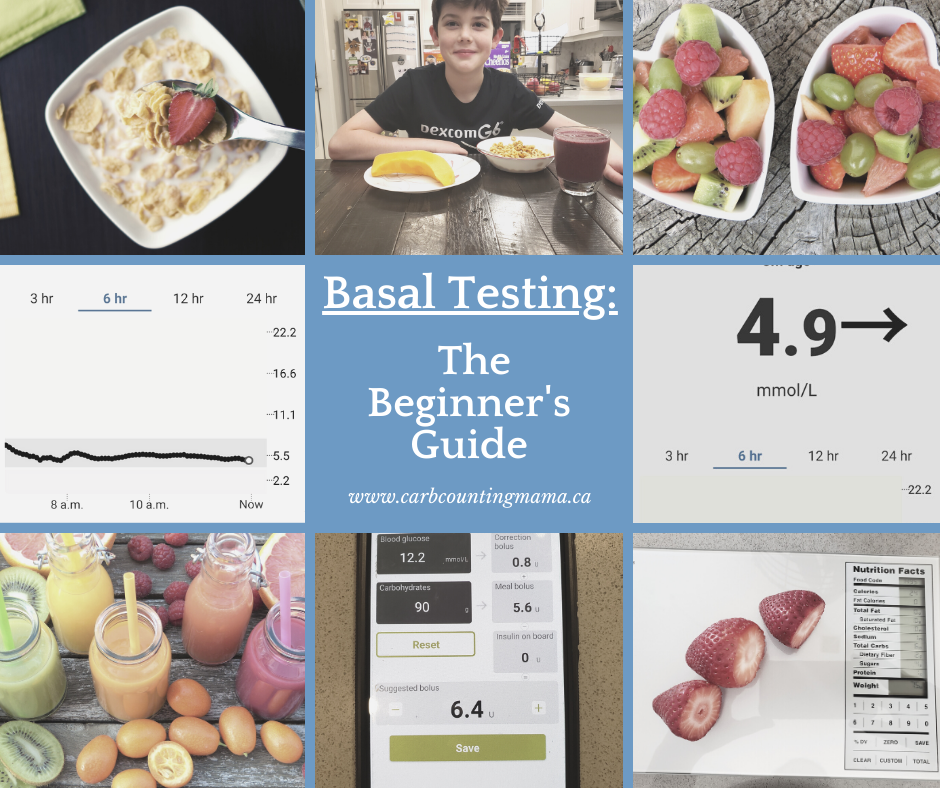chambers0508
Member
- Messages
- 13
- Type of diabetes
- Type 1
- Treatment type
- Insulin
Hi all
I am constantly being woken through the night by my low glucose alarm, I have it set on my libre to alert me when my levels drop below 4.5. I try to eat a sugary snack and a slow releasing Carb but it will still go off. For reference I feel
Absolutely no hypo symptoms at all at these times. It’s really hard as I feel I’m fighting a losing battle with getting sleep. I also have an 8 month old baby who wakes me, so any advice on what to do about these libre alarms would be great!
I am constantly being woken through the night by my low glucose alarm, I have it set on my libre to alert me when my levels drop below 4.5. I try to eat a sugary snack and a slow releasing Carb but it will still go off. For reference I feel
Absolutely no hypo symptoms at all at these times. It’s really hard as I feel I’m fighting a losing battle with getting sleep. I also have an 8 month old baby who wakes me, so any advice on what to do about these libre alarms would be great!


